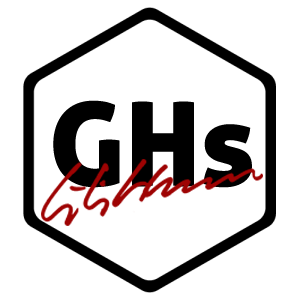Whaling in Iceland began with spear-drift whaling which was practiced from as early as the 12th century and continued in a relic form until the late 19th century. The relationship with whales is reflected in the Icelandic language: hvalreki is the word for “beached whale”, while also meaning something good that is unexpectedly yours or at your disposal. However, modern commercial whaling was introduced to Iceland by companies from other nations in the late 19th century. Today, Iceland is involved in commercial whaling under objection to an ongoing moratorium established by the International Whaling Commission in 1986. (Wikipedia)
It has been confirmed that no whales of any type will be hunted, including minke whales. Minke whale hunters are going to concentrate on sea cucumbers this summer and the CEO of Hvalur hf., the only company that hunts great whales, exclusively for export to Japan, has said that market conditions in Japan are too difficult.
Whaling has taken place in Icelandic waters every summer since 2003 when whaling for scientific purposes started again after a gap of roughly 14 years. Commercial whaling started again in 2006.
Fisheries minister Kristján Þór Júlíusson made a decree in February allowing continued hunting of fin and minke whales until 2023. The hunting decrees are renewed on a five-yearly basis. Hafrannsóknarstofnun (the Marine Research Institute) has set a recommended maximum yearly catch between 2018 and 2025 of 209 fin whales and 217 minke whales.
Hvalur hf. CEO Kristján Loftsson announced this spring that his company would not catch great whales this summer because it has proven difficult to market the meat in Japan, where 100 percent of the catch is exported to.
Gunnar Bergmann Jónsson, CEO of IP útgerð, which hunts minke whales for domestic consumption, says his company is going to concentrate on sea cucumbers until 1st September.
“It does not suit us as things stand at the moment and so the decision was made to skip it [this year],” Gunnar says.
His company imports minke whale meat from Norway to meet demand in Iceland and he says the decision to start hunting will be reexamined next spring.
Hafrannsóknarstofnun has also confirmed there will be no whaling for scientific purposes.
The news has been widely welcomed by environmental and animal welfare groups in Iceland and overseas. (RÚV – sótt 2019)



































